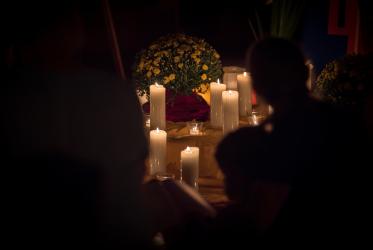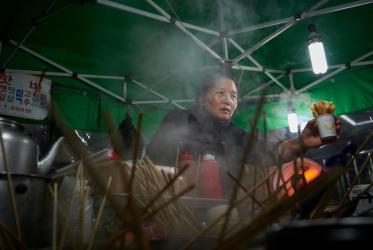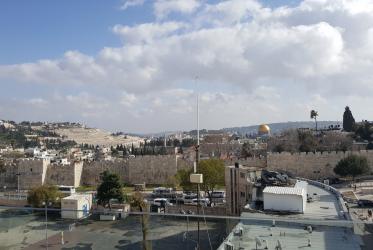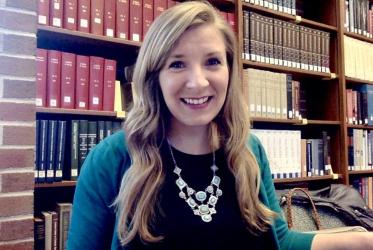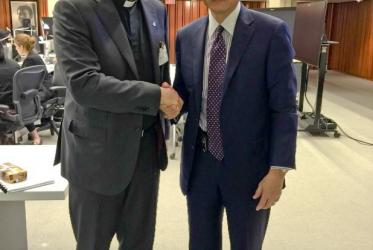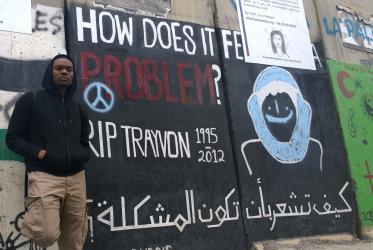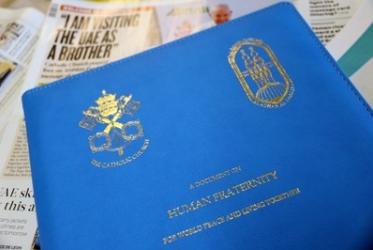Displaying 1 - 19 of 19
Youth amplify #NoDAPL movement in Standing Rock
22 April 2021
“African at Heart” conference to convene in Washington, DC
12 November 2019
Dr Saïd Ailabouni: God is on the side of rejected, oppressed, occupied
12 September 2019
Faces of Hope raises awareness
07 March 2018
Responsible agriculture investments theme of WCC session
16 October 2017
Emily Welty: tide of hope for a world free from nuclear weapons
19 September 2017
"We have our work cut out for us"
10 August 2017
Eco-justice at stake for Standing Rock people in USA
07 November 2016
World Social Forum sows seed of hope in global north
17 August 2016
Churches engage in development dialogue on Africa
06 March 2013
Praying for justice and peace in Azzun
22 October 2012
